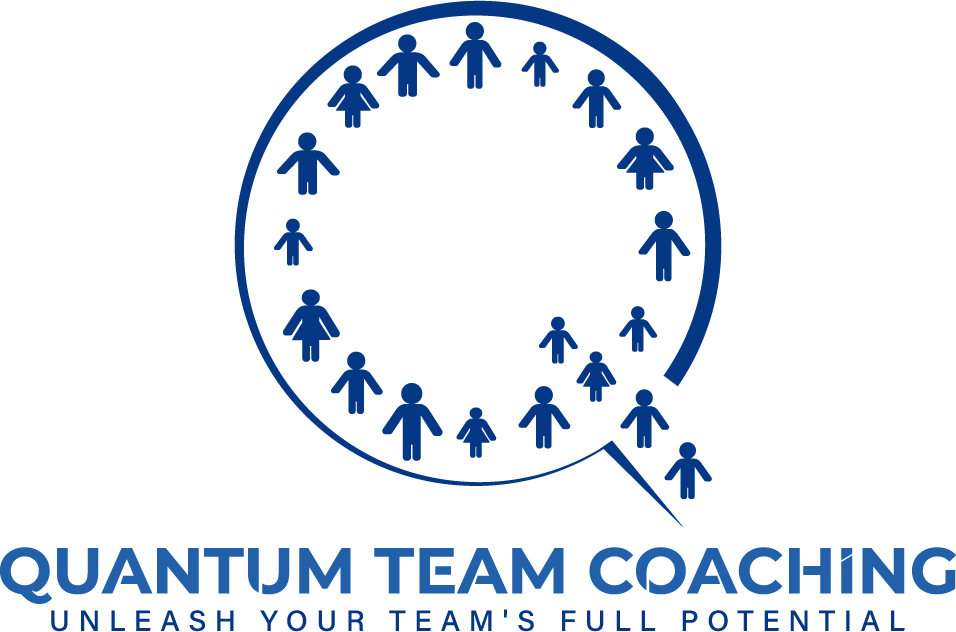Soft skills, often underestimated and misleadingly labeled as “soft,” are, in reality, the most critical determinants of a team’s success. These skills—such as communication, empathy, and emotional intelligence—play a vital role in enhancing team synergy and driving productivity. While technical skills are essential for performing specific tasks, it is the soft skills that enable a team to work cohesively, overcome challenges, and achieve their goals.
In this article, we’ll delve into some of these crucial soft skills, and I’m sure many of you have encountered them within your teams. Whether you’re involved in sales, repairing computer equipment, configuring systems, or any other field, the importance of soft skills in creating a productive and harmonious team cannot be overstated.
Communication: The Foundation of Team Synergy
Effective communication is the cornerstone of any successful team. It ensures that information is shared clearly and efficiently, reducing the likelihood of misunderstandings and errors. When team members communicate openly and respectfully, they create an environment where ideas flow freely, and collaboration thrives. Good communication also helps in resolving conflicts swiftly, preventing them from escalating and disrupting the team’s dynamics.
Consider a scenario where a team is working on a complex project. Without clear communication, tasks may overlap, deadlines might be missed, and the overall progress could stall. On the other hand, when team members are skilled communicators, they can articulate their thoughts, listen actively, and provide constructive feedback. This leads to a more coordinated effort, where everyone is on the same page, working toward a common goal.
Empathy: Building Stronger Connections
Empathy, the ability to understand and share the feelings of others, is another essential soft skill that contributes to team synergy. When team members demonstrate empathy, they build stronger connections with one another, fostering a supportive and inclusive work environment. Empathy helps in recognizing the strengths and weaknesses of others, allowing team members to provide assistance where needed and to celebrate each other’s successes.
In a team setting, empathy can significantly reduce friction and enhance collaboration. For instance, when a team member is struggling with a task, empathetic colleagues are more likely to offer help and encouragement, rather than criticism. This not only boosts morale but also ensures that the team remains cohesive and focused on achieving its objectives.
Adaptability: Navigating Change with Ease
In today’s fast-paced work environment, the ability to adapt to change is crucial. Teams that cultivate adaptability are better equipped to handle unexpected challenges and shifts in priorities. Soft skills like flexibility and resilience enable team members to adjust their approach when circumstances change, ensuring that productivity remains high even in the face of adversity.
For example, if a team suddenly faces a tight deadline, adaptable members can quickly re-prioritize tasks, find creative solutions, and work together to meet the new demands. This agility not only enhances productivity but also strengthens the team’s ability to innovate and excel.
Emotional Intelligence: Managing Relationships Effectively
Emotional intelligence (EI) is the ability to recognize, understand, and manage our own emotions, as well as the emotions of others. Teams with high emotional intelligence are better at managing relationships, navigating social complexities, and making informed decisions. EI helps in creating a positive work environment where team members feel valued, respected, and motivated to contribute their best.
When team members are emotionally intelligent, they are more likely to remain calm under pressure, resolve conflicts constructively, and build trust within the team. This leads to a more cohesive and productive team, where everyone works together harmoniously to achieve shared goals.
Conclusion
While technical skills are necessary for completing specific tasks, it is the so-called “soft” skills that truly determine a team’s success. Communication, empathy, adaptability, and emotional intelligence are just a few of the soft skills that play a crucial role in enhancing team synergy and productivity. By cultivating these skills within your team, you can create a more harmonious and efficient work environment, leading to better outcomes and long-term success.
So, the next time you think about what makes a team truly effective, remember that it’s not just about the technical know-how. It’s the soft skills—misleadingly labeled as “soft”—that are the real drivers of team productivity and success.






